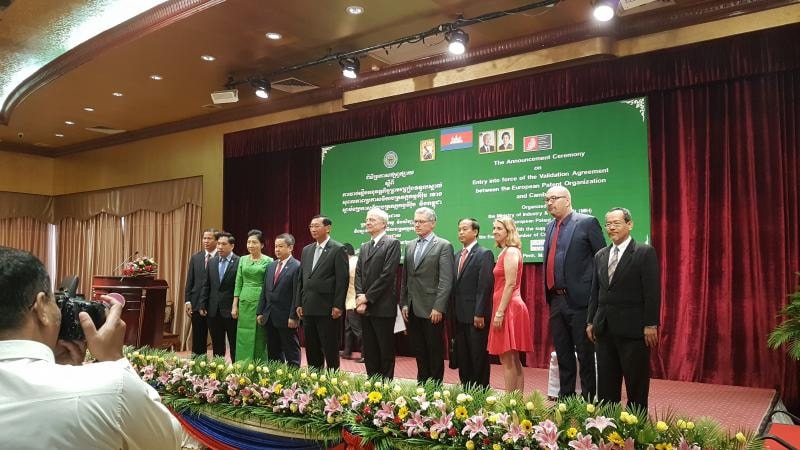For the first time in EPO (European Patent Organization) history, a non-European state will begin validating European patents. Morocco has entered into an agreement with the European Patent Organization that went into effect on March 1st, 2015 that will make it possible to validate European patents in Morocco that will be subject to Moroccan patent law.
Under this new agreement, European patents and applications (once validated for Morocco) will offer the same IP protection in Morocco as patents filed via the PCT or Paris Convention route. This includes PCT applications containing a designation for a European patent. However, validation in Morocco it will not be available for PCT applications filed prior to March 1st, nor for any European patents resulting from such applications.
The agreement was announced by Benoît Battistelli, the President of the European Patent Office (EPO), along with Moulay Hafid Elalamy, the Moroccan Minister of Industry, Trade, Investment and the Digital Economy, back in January of this year.
EPO President Battistelli was quoted as saying, “This is a historic step for the European patent system, and it brings to 41 the number of countries for which patent protection can be obtained simultaneously with a single European patent application… Morocco’s strategic vision with regard to building up a national patent system that is firmly anchored in the international system”.
In terms of patent translation, in the past a French or Arabic translation was required of the specification, claims and abstract—but not anymore. The only translation that will need to be submitted to the OMPIC is a French or Arabic translation of the granted claims. Since a French translation of the claims must already be filed as part of the EPO grant procedure, no further translations will be required for Morocco.
Morocco joining the European patent system is an exciting development, and other non-European countries are expected to follow in its path. Both Moldova and Tunisia have signed agreements with the EPO and are expected to begin validating European patents in mid to late 2015.


